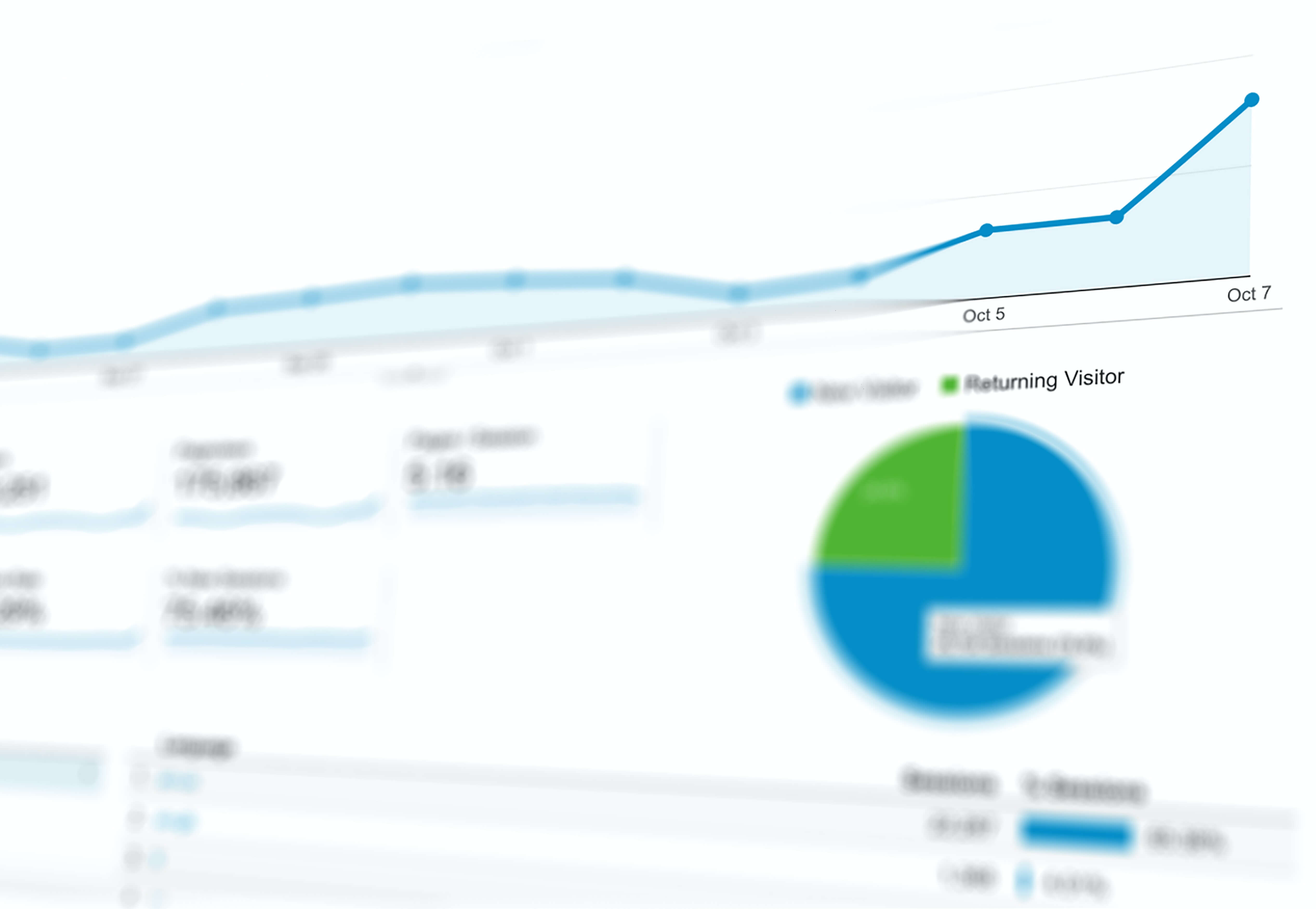The third level education market is extremely completive and driven by many factors – course choice, reputation and accessibility to name a few. Admissions to Irish universities have risen by 12% since 2014/15 (https://hea.ie/statistics/). In June 2018, the Journal of Retaining and Consumer Studies published a study which stated that students should be considered as consumers by their university’s marketing strategy. (https://edtechmagazine.com/higher/article/2020/06/how-higher-ed-can-use-data-analytics-boost-admissions)
At the end of the day, your college is a business and the endpoint should be attracting the highest number of applications you can and translating them into the possible best student population.
Data analysis provides a snapshot of how your University is performing in its admissions processing. You need a robust data reporting system to collate your statistics – for financial reporting, to see what kind of students your HEI is attracting, how long the process is taking, what is your applicant retention rate? By analysing this data, educators can make more informed decisions, increasing student populations.
PAC Apply offers a robust reporting tool that allows your users to extrapolate and examine the data gathered. PAC Apply also lets you create customised reports.
Book a demo with us to find out more.


